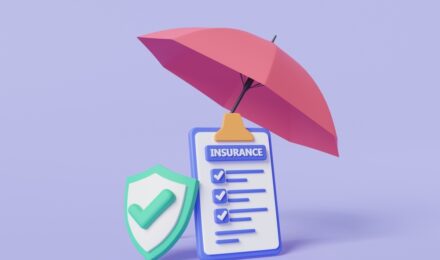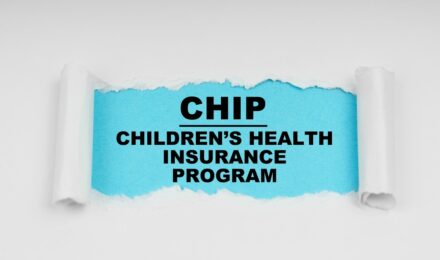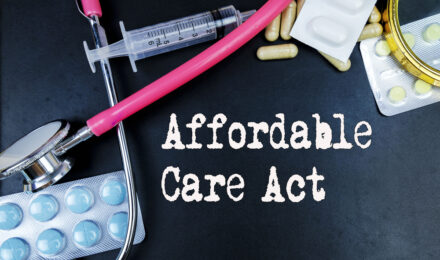Contents
When an unexpected expense arises, many people turn to payday loans or high-interest cash advances. While these products offer quick money, they can trap borrowers in a cycle of debt. In fact, the Consumer Financial Protection Bureau reports that the average payday borrower takes out eight loans a year, paying hundreds in fees. Fortunately, safer alternatives exist for individuals in need of emergency funds.
Why High-Interest Loans Are Risky
Payday loans often carry annual percentage rates (APRs) of 300% or more. This means that borrowing $500 can lead to more than $1,000 in repayment within months if rolled over. Auto title loans, another common form of high-cost credit, put vehicles at risk of repossession. These products are marketed as short-term fixes but often worsen financial hardship.
Avoiding such loans can save hundreds of dollars and protect long-term financial stability.
Community-Based Assistance
Local nonprofit organizations, charities, and religious groups often provide one-time emergency grants. These may cover utility bills, rent, or medical expenses. Community action agencies, funded partly by federal programs, also distribute short-term aid. While amounts are limited, they can prevent the need for high-interest borrowing.
Government Programs
Public assistance programs provide targeted relief for households in crisis. Temporary Assistance for Needy Families (TANF) offers cash support, while the Low-Income Home Energy Assistance Program (LIHEAP) helps with utility costs. Some states also operate emergency assistance funds for housing or food needs. Applying through local human service departments is usually the first step.
Employer-Based Options
Many employers now offer small-dollar loan programs or paycheck advances. These arrangements allow workers to access part of their wages early, often without interest. Others provide emergency grants through employee assistance programs. Asking a human resources department about available resources can reveal options many employees overlook.
Credit Unions and Community Banks
Credit unions frequently offer small-dollar loans with far lower rates than payday lenders. These loans may include flexible repayment terms and financial counseling. Community banks sometimes run similar programs designed to meet short-term needs. Membership in a credit union is often inexpensive and can provide ongoing financial benefits.
One Practical List: Safer Alternatives to Payday Loans
If you need fast cash but want to avoid high-interest debt, consider these options first:
- Community aid from nonprofits, charities, or religious groups offering grants or bill assistance.
- Government programs such as TANF or LIHEAP for short-term financial relief.
- Employer-based paycheck advances or hardship grants through workplace programs.
- Credit union small-dollar loans with reasonable rates and repayment flexibility.
- Negotiating directly with service providers for extended due dates or payment plans.
Negotiating Directly with Creditors
Utility companies, landlords, and healthcare providers often agree to payment extensions or installment plans. Explaining your situation and requesting more time can prevent late fees, disconnections, or evictions. Documenting all agreements in writing provides protection if disputes arise later.
Building a Long-Term Safety Net
While emergency assistance is critical in the moment, planning ahead helps reduce future reliance on loans. Setting aside even small amounts in a savings account can provide a cushion against unexpected expenses. Credit unions often encourage members to create “rainy day” savings plans alongside borrowing programs.
Final Thoughts
High-interest loans may feel like the only option during financial emergencies, but safer alternatives exist. From community grants and government aid to employer support and credit union loans, many programs provide immediate relief without long-term financial damage.
If you are facing a sudden expense, explore every alternative before committing to a payday or title loan. Protecting yourself from predatory lending today builds a stronger foundation for tomorrow.
References
- Consumer Financial Protection Bureau – Payday Loans
- Low-Income Home Energy Assistance Program (LIHEAP)
- Temporary Assistance for Needy Families (TANF)
- National Credit Union Administration
Contents
When an unexpected expense arises, many people turn to payday loans or high-interest cash advances. While these products offer quick money, they can trap borrowers in a cycle of debt. In fact, the Consumer Financial Protection Bureau reports that the average payday borrower takes out eight loans a year, paying hundreds in fees. Fortunately, safer alternatives exist for individuals in need of emergency funds.
Why High-Interest Loans Are Risky
Payday loans often carry annual percentage rates (APRs) of 300% or more. This means that borrowing $500 can lead to more than $1,000 in repayment within months if rolled over. Auto title loans, another common form of high-cost credit, put vehicles at risk of repossession. These products are marketed as short-term fixes but often worsen financial hardship.
Avoiding such loans can save hundreds of dollars and protect long-term financial stability.
Community-Based Assistance
Local nonprofit organizations, charities, and religious groups often provide one-time emergency grants. These may cover utility bills, rent, or medical expenses. Community action agencies, funded partly by federal programs, also distribute short-term aid. While amounts are limited, they can prevent the need for high-interest borrowing.
Government Programs
Public assistance programs provide targeted relief for households in crisis. Temporary Assistance for Needy Families (TANF) offers cash support, while the Low-Income Home Energy Assistance Program (LIHEAP) helps with utility costs. Some states also operate emergency assistance funds for housing or food needs. Applying through local human service departments is usually the first step.
Employer-Based Options
Many employers now offer small-dollar loan programs or paycheck advances. These arrangements allow workers to access part of their wages early, often without interest. Others provide emergency grants through employee assistance programs. Asking a human resources department about available resources can reveal options many employees overlook.
Credit Unions and Community Banks
Credit unions frequently offer small-dollar loans with far lower rates than payday lenders. These loans may include flexible repayment terms and financial counseling. Community banks sometimes run similar programs designed to meet short-term needs. Membership in a credit union is often inexpensive and can provide ongoing financial benefits.
One Practical List: Safer Alternatives to Payday Loans
If you need fast cash but want to avoid high-interest debt, consider these options first:
- Community aid from nonprofits, charities, or religious groups offering grants or bill assistance.
- Government programs such as TANF or LIHEAP for short-term financial relief.
- Employer-based paycheck advances or hardship grants through workplace programs.
- Credit union small-dollar loans with reasonable rates and repayment flexibility.
- Negotiating directly with service providers for extended due dates or payment plans.
Negotiating Directly with Creditors
Utility companies, landlords, and healthcare providers often agree to payment extensions or installment plans. Explaining your situation and requesting more time can prevent late fees, disconnections, or evictions. Documenting all agreements in writing provides protection if disputes arise later.
Building a Long-Term Safety Net
While emergency assistance is critical in the moment, planning ahead helps reduce future reliance on loans. Setting aside even small amounts in a savings account can provide a cushion against unexpected expenses. Credit unions often encourage members to create “rainy day” savings plans alongside borrowing programs.
Final Thoughts
High-interest loans may feel like the only option during financial emergencies, but safer alternatives exist. From community grants and government aid to employer support and credit union loans, many programs provide immediate relief without long-term financial damage.
If you are facing a sudden expense, explore every alternative before committing to a payday or title loan. Protecting yourself from predatory lending today builds a stronger foundation for tomorrow.






